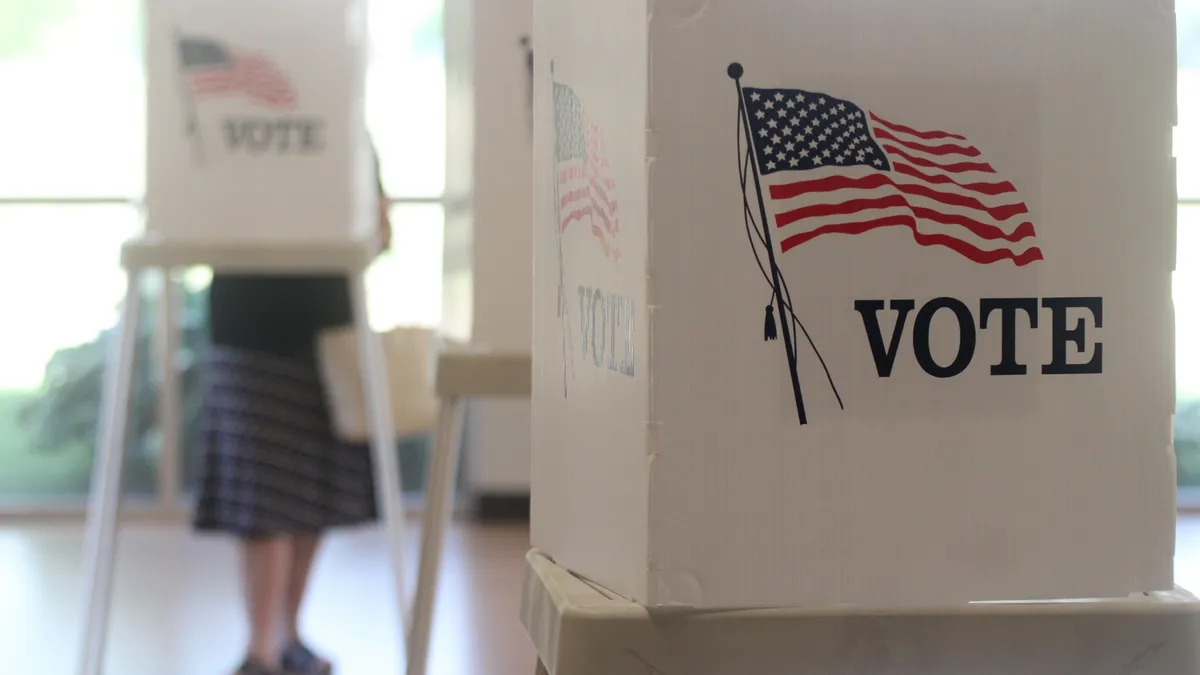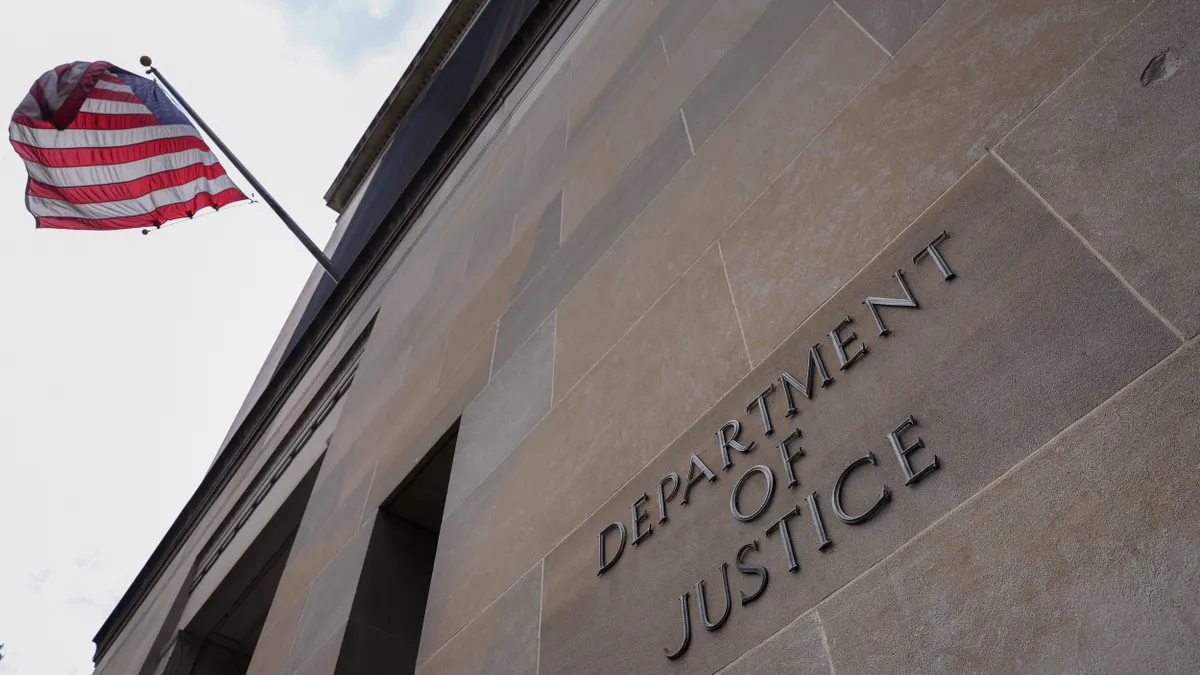While inflation, crime and abortion led the issues drawing voters to ballot boxes Tuesday, education was also top of mind for voters concerned about funding, school safety and learning recovery.
A Pew Research Center poll in October found 66% of Democratic candidate supporters and 60% of Republican candidate supporters said education was "very important" to their vote in the 2022 midterm congressional election.
Across the country, voters went to the polls to determine the political makeup of Congress, leadership of states, and who sits at the dais for school board meetings. Voters also cast ballots for education-specific state measures such as universal school meals and arts education.
Not all races or referendums had been finalized as of Wednesday morning, but here is a summary of what we're watching:
State measures
A statewide referendum in Colorado to provide free school meals to all students seemed to have won majority support, according to the secretary of state's website. Known as Proposition FF, the Healthy School Meals for All Program had 55.11% of votes in favor with nearly all counties' votes recorded as of Wednesday morning.
The $100 million program would be financed by raising taxes on those who make more than $300,000 annually and by limiting standardized income tax deductions by $12,000 to $16,000. Funding would also support grants to schools to purchase products grown, raised and processed in Colorado.
Additionally, the measure would allow schools to increase wages or provide stipends to those who serve school meals. Parents and student advisory committees would be formed to advocate for health and tasty meals.
"We feel confident that Prop FF will come through. Grateful to all who helped get us here. Final results soon, but the work continues to end hunger in Colorado and beyond! said Hunger Free Colorado's Twitter page Wednesday morning. The nonprofit advocated for the referendum's passage by saying more than 60,000 children in the state don’t qualify for free or reduced-price lunches but can’t afford school meals.
California, Maine, Nevada, Massachusetts and Vermont also have statewide universal meal programs at this time.
We feel confident that Prop FF will come through. Grateful to all who helped get us here. Final results soon, but the work continues to end hunger in Colorado and beyond! #SchoolMeals4CO is an important first step! pic.twitter.com/u09MMWNSh1
— Hunger Free Colorado (@hungerfreeco) November 9, 2022
Meanwhile, voters in California approved a ballot measure to allocate 1% of state and local revenues — with additional funding for districts that have economically disadvantaged students — for arts and music education in public schools beginning in 2023-24. According to the state Legislative Analyst's Office, this initiative would cost an additional $800 million to $1 billion annually.
Currently, local governing boards in the state fluctuate in their funding for arts education. The new funding is to be used primarily to hire arts staff and can cover a variety of subjects, including dance, media arts, music, theater and visual arts. Only 20% of funding can go toward training, supplies and materials, and partnership program costs.
Under the approved measure, principals will choose how the funds will be spent to expand arts instruction.
Congress
Whether the power in Congress will cede to Republicans is still unknown the morning after the midterm elections as votes are still being counted.
If power tips to Republicans in the House, Rep. Bobby Scott, R-Virginia, will have to relinquish the chair of the House Education and Labor Committee. Once under Republican leadership, the committee will likely be renamed to the House Education and Workforce Committee, a name that's considered more modern and inclusive, according to ranking member Rep. Virginia Foxx, R-North Carolina.
In the Senate, it remains to be seen if the current 50-50 split between Democrats and Republicans will move to a majority for either party. Currently, the equal number of senators from each party means Vice President Kamala Harris makes tie-breaking votes, giving Democrats a slight edge on contested issues.
A new Republican majority would mean the chair of the Senate Health, Education, Labor and Pensions Committee would switch from Sen. Patty Murray, D- Washington, who won reelection, to a Republican. The current ranking member of the committee – Richard Burr, R-North Carolina — did not seek reelection.
No matter who controls the chair on the House or Senate committees, top education issues ripe for discussion in 2023 include the Biden administration's proposed regulations for Title IX, anticipated discipline guidance and school safety.
Governors and state board officials:
On Tuesday, voters also cast ballots for state leadership and local school board candidates.
"I think what you're seeing is people taking more interest in these roles," said Paolo DeMaria, president and CEO of the National Association of State Boards of Education. Many educators have noted increased interest in school policy and increased participation from parents and community members.
In states where the governing party or political ideology changes, school board composition and other education leadership like commissioners may change over time to reflect the shift, said DeMaria.
"We've seen in the past gubernatorial transitions — from Republican to Democrat or Democrat to Republican, or one ideology to another ideology — and those things just sort of play themselves out in the normal course," said DeMaria.
New governors may choose to tackle education-related issues like academic achievement and student assessment scores, teacher preparation and staff shortages, student mental health, and school funding and facilities, he added.
"Time after time after time, that concept of what it means to be the education governor, or an individual elected to a board, or an individual elected to be a state commissioner, that's basically driven by a passion" for a good education system, DeMaria said.





















